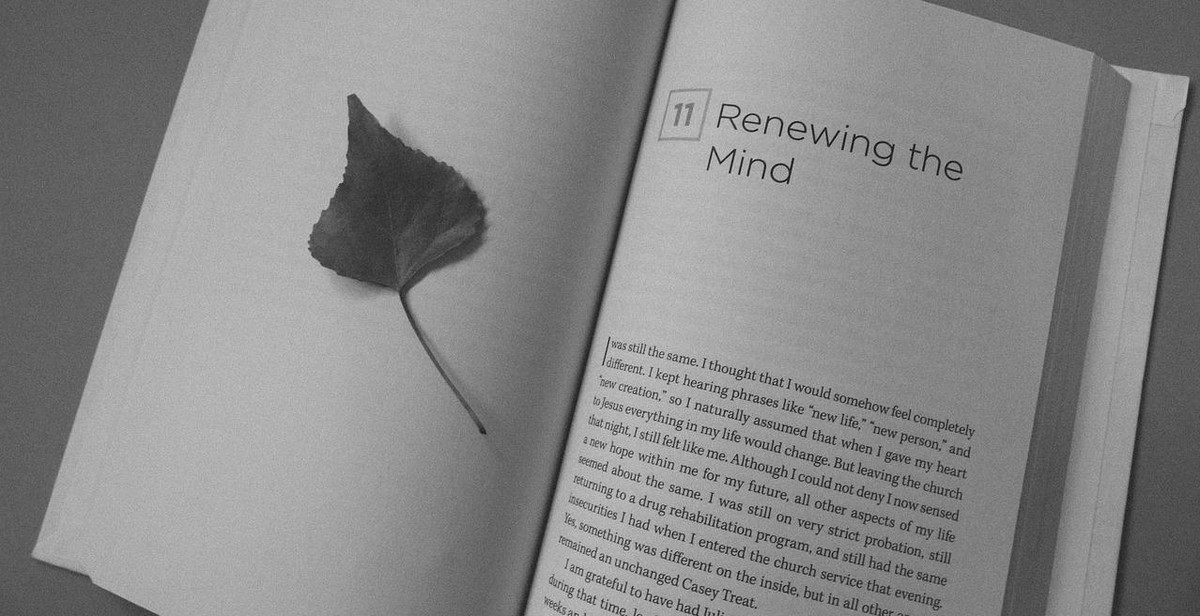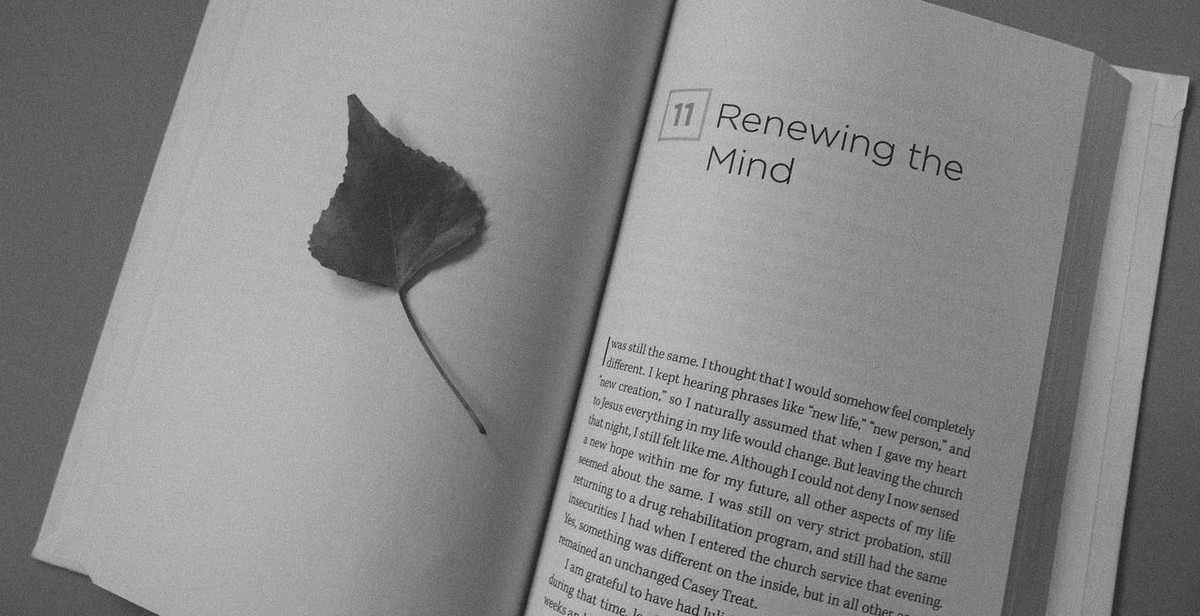How to Master the Art of Mindful Journaling
Journaling has been a popular activity for centuries. It is a way to record our thoughts, feelings, and experiences, and can serve as a therapeutic tool to help us process our emotions and gain clarity. Mindful journaling takes this practice to the next level by incorporating mindfulness techniques to increase self-awareness and promote personal growth.
What is Mindful Journaling?
Mindful journaling is a practice that combines the benefits of mindfulness and journaling. Mindfulness is the act of being present and fully engaged in the current moment, without judgment. Journaling, on the other hand, is the act of writing down our thoughts and feelings. When combined, mindful journaling allows us to become more aware of our thoughts and emotions, and to process them in a non-judgmental way.
Why Practice Mindful Journaling?
There are many benefits to practicing mindful journaling. It can help us to:
- Reduce stress and anxiety
- Increase self-awareness
- Improve emotional regulation
- Enhance creativity
- Develop a deeper understanding of ourselves and others
In this article, we will explore how to master the art of mindful journaling and reap the many benefits it has to offer.

What is Mindful Journaling?
Mindful journaling is the practice of creating a written record of your thoughts, feelings, and experiences while being fully present and aware in the moment. It involves intentionally reflecting on your inner experiences and external environment without judgment or distraction. Mindful journaling can be done at any time and in any place, making it an accessible and convenient tool for self-reflection and personal growth.
Definition of Mindful Journaling
Mindful journaling is a form of expressive writing that combines the principles of mindfulness with the benefits of journaling. It involves writing down your thoughts, feelings, and experiences while being fully present and aware in the moment. Mindful journaling encourages you to reflect on your inner experiences and external environment without judgment or distraction, helping you to gain insight into your emotions, behaviors, and thought patterns.
Benefits of Mindful Journaling
Mindful journaling offers a range of benefits for mental, emotional, and physical well-being. By practicing mindful journaling, you can:
- Reduce stress and anxiety
- Improve emotional regulation
- Enhance self-awareness and self-reflection
- Develop a deeper understanding of your thoughts and feelings
- Strengthen your communication and problem-solving skills
- Improve your memory and cognitive function
- Boost your creativity and self-expression
- Support your overall health and well-being
Overall, mindful journaling is a powerful tool for cultivating mindfulness, self-awareness, and personal growth. Whether you are looking to reduce stress, improve your mental health, or simply gain a deeper understanding of yourself, mindful journaling can help you achieve your goals.
How to Start Mindful Journaling
Mindful journaling is a powerful tool for self-reflection and personal growth. It allows you to connect with your thoughts and emotions, gain clarity, and develop a deeper understanding of yourself. If you’re new to mindful journaling, here’s how to get started:
Choosing a Journal and Writing Tools
The first step in starting a mindful journaling practice is choosing the right journal and writing tools. A journal that feels comfortable and inspiring to you will encourage you to write regularly. Consider factors such as the size, paper quality, and design of the journal. Some people prefer lined pages, while others prefer blank pages for more creative freedom.
When it comes to writing tools, choose a pen or pencil that feels comfortable to hold and write with. Many people find that using a favorite pen or a pen with a unique color or texture adds to the enjoyment of the journaling experience.
Setting Up a Journaling Routine
Establishing a regular journaling routine is key to making mindful journaling a habit. Decide on a time and place where you can write without distractions. Some people prefer to journal in the morning to set intentions for the day, while others prefer to journal at night to reflect on the events of the day.
Set a goal for how often you want to journal, whether it’s daily, weekly, or a few times a month. Start with a realistic goal, and then gradually increase the frequency as you become more comfortable with the practice.
Creating a Safe and Comfortable Space for Journaling
Creating a safe and comfortable space for journaling is essential for feeling relaxed and focused. Choose a quiet and private space where you can write without interruptions. You may want to add some personal touches to your journaling space, such as candles, plants, or photos that inspire you.
Make sure you’re comfortable while you write. Sit in a chair that supports your back and allows you to write comfortably. You may also want to consider using a cushion or blanket to make your space feel cozy and inviting.
By following these simple steps, you can start a mindful journaling practice that will help you connect with yourself on a deeper level and promote personal growth.

Techniques for Mindful Journaling
Mindful journaling is a powerful tool for self-discovery and personal growth. By setting aside time to reflect on your thoughts and emotions, you can gain insight into your inner world and develop a greater sense of self-awareness. Here are four techniques for mindful journaling:
Gratitude Journaling
Gratitude journaling involves writing down things that you are thankful for. This technique can help shift your focus away from negative thoughts and towards the positive aspects of your life. To practice gratitude journaling, set aside time each day to write down three things that you are grateful for. These can be big or small, such as a sunny day or a kind gesture from a friend. By regularly practicing gratitude journaling, you may notice an improvement in your overall mood and outlook on life.
Stream of Consciousness Journaling
Stream of consciousness journaling involves writing down your thoughts as they come to you, without filtering or editing them. This technique can be helpful for releasing pent-up emotions and gaining clarity on your innermost feelings. To practice stream of consciousness journaling, set a timer for 10-15 minutes and write down everything that comes to mind. Don’t worry about grammar or punctuation, just let your thoughts flow freely.
Prompt-Based Journaling
Prompt-based journaling involves using prompts or questions to guide your writing. This technique can be helpful for exploring specific topics or issues that you want to work through. To practice prompt-based journaling, choose a prompt or question that resonates with you and write about it for 10-15 minutes. Some examples of prompts include “What is a challenge you are currently facing?” or “What are your goals for the next year?”
Reflective Journaling
Reflective journaling involves looking back on your day or week and reflecting on your experiences. This technique can help you gain insight into your patterns of behavior and identify areas for growth. To practice reflective journaling, set aside time at the end of each day or week to write about your experiences. Some questions to consider include “What did I do well today?” or “What could I have done differently?”
By incorporating these techniques into your mindful journaling practice, you can deepen your self-awareness and gain a greater understanding of your inner world. Experiment with each technique and see which ones resonate with you the most.
Tips for Successful Mindful Journaling
Mindful journaling is a powerful tool for self-reflection, personal growth, and stress reduction. Here are some tips to help you master the art of mindful journaling:
Avoid Self-Criticism
One of the most important things to remember when journaling mindfully is to avoid self-criticism. The purpose of journaling is to explore your thoughts and feelings in a safe and non-judgmental way. If you find yourself being overly critical of yourself or your writing, try to reframe your thoughts and focus on self-compassion instead.
Be Honest with Yourself
Honesty is key when it comes to mindful journaling. Be honest with yourself about your thoughts, feelings, and experiences. This can be difficult at times, but it is important to remember that your journal is a safe space for you to express yourself without fear of judgment or consequence.
Practice Regularly
Like any skill, mindful journaling takes practice. Set aside some time each day or week to write in your journal. This can be as little as 10 minutes a day or as much as an hour a week. The important thing is to make it a regular habit.
Experiment with Different Techniques
There is no one-size-fits-all approach to mindful journaling. Experiment with different techniques to find what works best for you. Some people find it helpful to write stream-of-consciousness, while others prefer to use prompts or guided exercises. Don’t be afraid to try something new and see how it feels.
- Avoid self-criticism
- Be honest with yourself
- Practice regularly
- Experiment with different techniques

Conclusion: Mastering Mindful Journaling
Journaling is an excellent way to practice mindfulness and improve your mental health. By dedicating time to reflect on your thoughts and emotions, you can gain a deeper understanding of yourself and your experiences.
When it comes to mastering the art of mindful journaling, there are a few key things to keep in mind. First, it’s important to create a dedicated space and time for journaling. This will help you stay focused and committed to the practice.
Next, try to approach your journaling with an open and non-judgmental mindset. Remember that the goal is not to produce a perfect piece of writing, but rather to explore your thoughts and feelings in a safe and supportive space.
Finally, experiment with different journaling techniques and prompts to find what works best for you. Whether you prefer free-writing, gratitude journaling, or reflection exercises, there are countless ways to make mindful journaling a regular part of your self-care routine.
Benefits of Mindful Journaling
The benefits of mindful journaling are numerous. By practicing mindfulness through journaling, you can:
- Reduce stress and anxiety
- Increase self-awareness
- Improve emotional regulation
- Enhance creativity and problem-solving skills
- Boost overall well-being and happiness
Final Thoughts
Mastering the art of mindful journaling takes time and practice, but the benefits are well worth the effort. By committing to a regular journaling practice, you can deepen your understanding of yourself and the world around you, and cultivate greater peace and happiness in your life.
